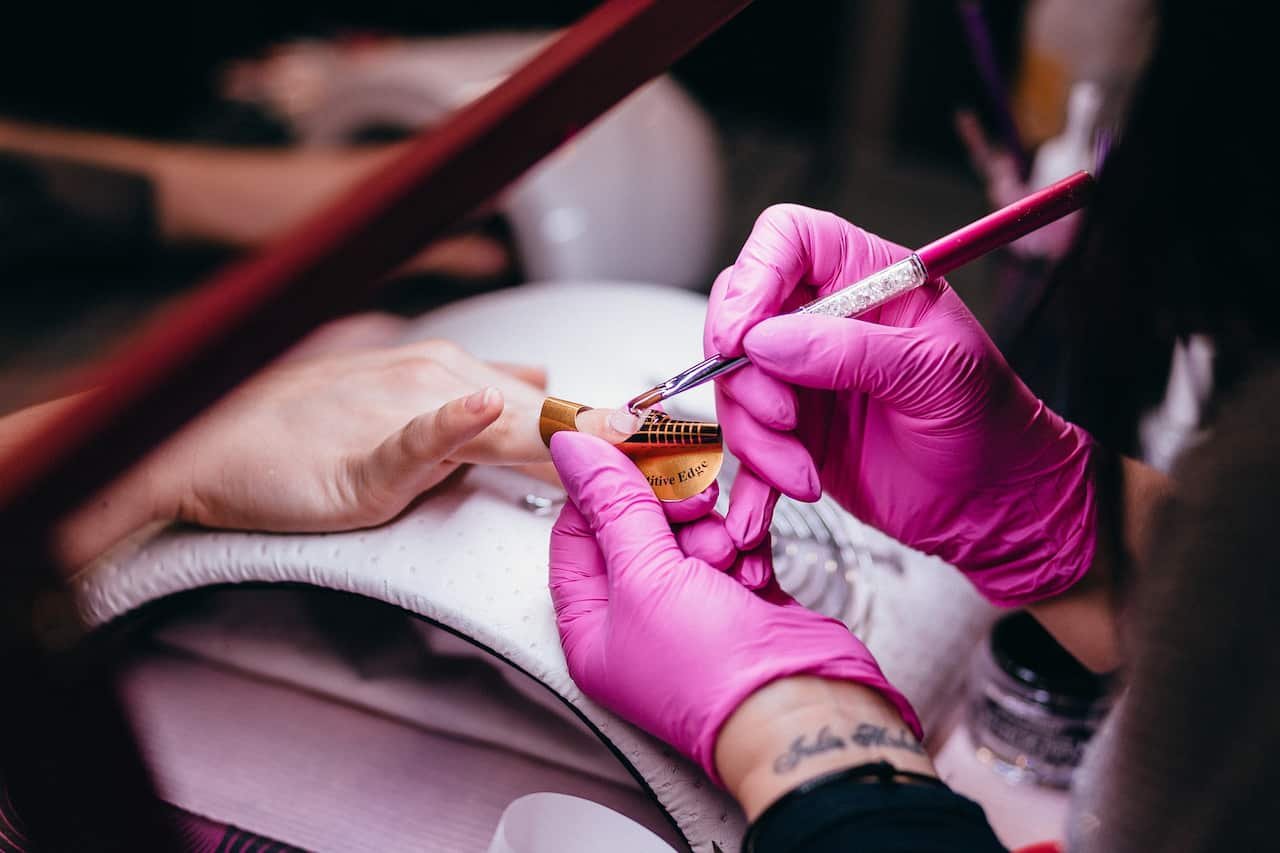A South Australian nail salon which was fined earlier month for underpaying two migrant workers is an “appalling” case of migrant worker exploitation, the Fair Work Ombudsman says.
Nail salon owner Minh Gia Le received a penalty of $30,000 and his business, House of Polish Central Pty Ltd, a further $100,000, after legal action from the Fair Work Ombudsman. The business provided beauty industry services including manicures and pedicures.
Speaking to SBS News this week, Fair Work Ombudsman Natalie James said it was an “appalling” case of worker exploitation.
“It’s appalling when we see people who are running a business who are recent arrivals to Australia themselves, exploiting very vulnerable workers who are on a visa,” she said.
Ms James said the workers were paid $12 an hour, well under what they were entitled to as casual employees.
WAGE THEFT ‘RAMPANT’
Migrant workers who are on visas and working in the hospitality and retail sectors are particularly at risk, said Ms James.
“We certainly have had a number of cases involving workers in beauty salons and massage parlours, often people who are on visas, and who are very much open to exploitation,” she said.
“More than half the cases we have taken to court over the last five years have involved a visa worker, and that really is quite remarkable when you consider visa workers are only six per cent of the labour market.”
Lawrence Ben from the Shop, Distributive and Allied Employees Union, said increasing numbers of wage theft cases are being reported in Australia.

“In the Australian economy at large, wage theft and some levels of cover up like we’ve seen with this case are becoming more and more common, and close to being quite rampant, actually,” he said.
“People who speak English as their second language, migrant workers, young workers are more susceptible to exploitation in the workplace.”
Workers who are concerned about underpayment should find out what the minimum rates are for their industry, and know where they can seek help, he said.
“If you’re speaking to fellow workers, if you’re speaking to family and friends, and you get a sense that you are not getting what you’re entitled to… there are places like the SDA and the Fair Work Ombudsman which you should come to immediately for advice and support.”
Fair Work Ombudsman Natalie James said migrant workers living in Australia on visas should feel empowered to seek help if they need it.
“We know that migrant workers can often be very concerned about their visas or worried about action being taken against them,” she said.
“Casual workers, all workers, in fact are protected from being sacked or other adverse action because they’ve come to the Fair Work Ombudsman for help.”
In July 2017 the Fair Work Ombudsman released a new tool for those speaking English as a second language to report unfair treatment.
Since then it has received at least 1,143 anonymous reports, with Chinese (502), Korean (241) and Japanese (144) languages the most frequently received.
Have you been a victim of wage theft in Australia? Tell us your story: Rhiannon.elston@sbs.com.au

